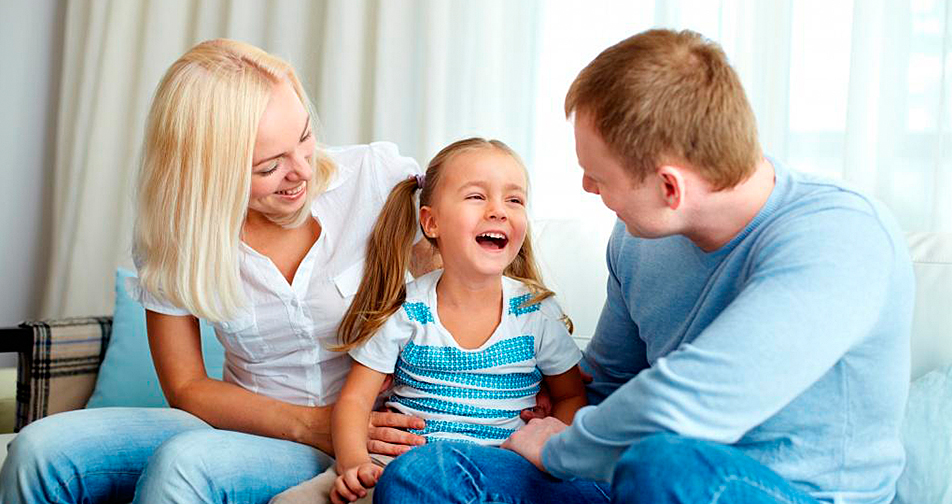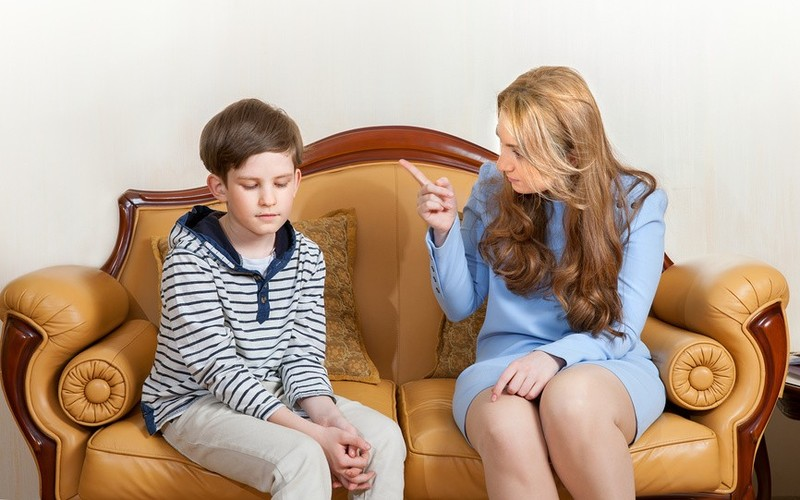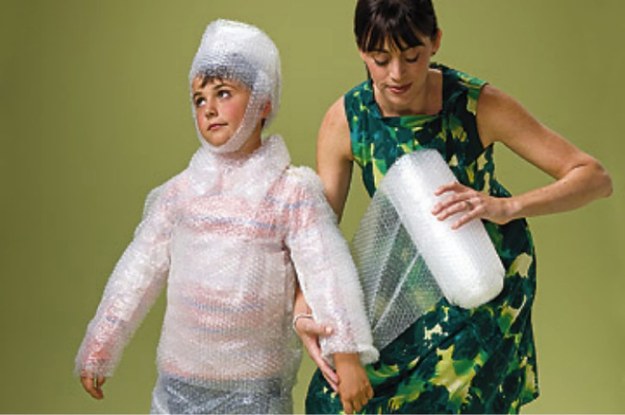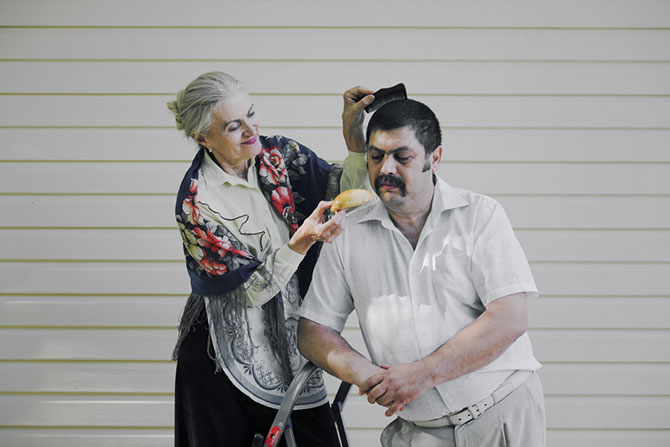How children grow up depends on their relationship with their parents. Do they demand too much or, on the contrary, do they allow everything? Overly strict or stressed indifferent? All these parenting styles do not affect the child in the best way. The psychoanalyst Gerald Schonevulf told what other mistakes parents make and what they can lead to.
Gerald Schoenewolf, psychoanalyst, author of books.
The American psychologist Diana Baumrind in the 1960s described various styles of parenting, her classification can still be found in many psychology textbooks. Initially, she identified three different styles of unhealthy education and one type of healthy. Since then, other scientists have worked on the development of this topic. Based on the results of my own work and research, I propose adding six more types of unhealthy relationships between parents and children to this classification. Thus, there are only 9. If you recognize yourself in one of these types, it means that you urgently need to change the line of behavior.
1. Authoritarian
Their motto is “It will be as I said!” These are dictatorial parents who primarily raise children through punishment, not reward. And often they punish children in a fit of rage. Children of such parents grow up intimidated, unsure of themselves, embittered and incapable of life. Often in the future they themselves become authoritarian parents, and the whole cycle repeats.
2. Indulging
Such parents do not put any restrictions on children, confusing love with permissiveness. They really need to get approval from the children, and because of this they unwittingly give them power over themselves. Children usually grow up spoiled by egoists, they think that everyone around them owes something, and when they don’t get something, they throw tantrums - just like in childhood.
3. Neglecting parental responsibilities
Some parents do not raise children at all. They are immersed in their own world. Sometimes they are workaholics who don’t have time for children, sometimes they quarrel endlessly with each other, and they barely notice the children. Their children grow up, completely unaware of themselves and completely unable to cope with life's difficulties. They have low self-esteem, they are not confident in themselves and cannot do without the support of others.
4. Hypercaking
They want only good for their children. In fact, hyper-custody is a manifestation of their unconscious fears and insecurities. They are afraid of life and do not give their children the opportunity to learn from their own mistakes and develop self-confidence.Children grow up fearful and anxious (their parents were the same), they do not know how to cope with life's difficulties and take care of themselves.
We also read: The negative consequences of excessive custody and care for boys at different ages
5. The narcissistic
Daffodil parents use their children to satisfy their own needs. They do not care for children, but children should take care of them. Children must tell them what they want to hear (otherwise all the parental anger will fall on them), and sometimes they have to play the role of parents for their own parents. In other cases, narcissistic parents try through their children to realize their own unfulfilled ambitions (for example, in creativity). Children grow up lost and constantly in need with help and support.
6. Bipolar
Often, two parents have completely different approaches to raising children. The result is a constant conflict. For example, one of the parents is authoritarian, and the second, on the contrary, allows everything. Children in such situations learn to manipulate their parents and usually take the side of the one who permits the most. As a result, they do not learn to build constructive communication with others and grow up without understanding what a healthy relationship is.
We also read: A friendly family will turn the mountain, or how to overcome differences in parenting
7. Dependent
Dependent parents do not want to let their children go, so they are trying to make them dependent on themselves. They make their life at home as comfortable as possible and provoke a sense of guilt in them over the emerging desire to leave and start living separately. Such parents keep their children in an infantile state, and it seems to them that they cannot live independently. As a result, children suffer from low self-esteem, do not know how to be independent and defend their interests.
8. Isolated
Some parents live completely isolated from society and even from family and friends. They do not know how to build relationships with anyone, including each other. Therefore, often such parents raise their children alone. Children do not learn to communicate and build relationships and also feel isolated.
9. “Toxic”
This is the worst parenting style. Such parents can belong to any of the previous types, but at the same time they diligently pretend to be kind and loving, hiding their “poison”. In the Tennessee Williams play, The Glass Menagerie, the mother is confident that she loves her daughter and always tries to help her find a job or meet men, but in the process deprives her daughter of self-confidence, as a result of which she remains weak and shy.
Children of “toxic” parents often begin to understand what happened to them only after many years. If they complain to their parents, they just laugh, and if they complain about their parents to someone else, then they usually get something like: “Aren't you ashamed? She only talks about how worried about you! "
Healthy parenting
Authoritative
This is the only kind of healthy education that psychologist Diana Baumrind singled out. Authoritative parents behave with children firmly, but without undue cruelty and a penchant for excessive punishment. They are open to dialogue. They teach children to build constructive relationships and adapt to any situation. They love their children and understand that sometimes love requires rigor. Their children grow up well adapted to life, independent and capable of empathy, and this is the cornerstone of any healthy relationship with others.
We also read:
- Top 10 Parent Mistakes in Parenting
- 10 most effective child-rearing practices
- Myths of the 21st century about parenting
The main mistakes in raising children. M. Polonsky














The main thing is that parents have authority in the eyes of the child. If the child does not respect his parents, then this will not lead to anything good. It often happens that a child deserves more respect than the parents themselves.
These are our parents.
I believe that for a child, parents should be primarily friends, so that a child at any age can approach with any problem and discuss it with those who will never wish bad.
Personally, my parents adhered to the authoritarian principle of upbringing, and I use the hyper-custody system with my child. I know that this is wrong, but I can’t help myself, after all, I have one child, I am constantly worried about him.